In a move that would make sense if consumers were loudly demanding it, Rivian CEO RJ Scaringe doubled down this week on his company's decision to skip Apple CarPlay entirely. Speaking on The Verge's Decoder podcast, Scaringe defended not just avoiding the standard CarPlay experience, but also rejecting CarPlay Ultra—Apple's ambitious next-generation system that's finally rolling out to vehicles. His reasoning? Customers will "in the fullness of time" come to appreciate the decision.
It's a bold stance, particularly when data suggests the exact opposite might be true.
The Control Imperative
At its core, the rejection of CarPlay by automakers like Rivian, Tesla, and General Motors isn't really about creating a better user experience—it's about control. Scaringe himself made this clear, comparing Rivian supporting CarPlay to Apple hypothetically running Windows instead of developing macOS. "We have a great relationship with Apple," he said. "As much as I love their products, there's a reason that ironically is very consistent with Apple ethos for us to want to control the ecosystem."
The irony is palpable. These companies are borrowing Apple's own playbook—the tight vertical integration, the walled garden approach—and using it against Apple's own product. Tesla pioneered this strategy in the automotive space, refusing CarPlay from day one and building its own software ecosystem. For Tesla, with its massive software engineering resources and first-mover advantage, this approach has largely worked. The company has created a genuinely good in-car experience that feels cohesive and, crucially, doesn't require customers to think about their phone at all.
Rivian is attempting the same playbook. Scaringe argues that offering CarPlay would force customers to "jump between" two different systems—CarPlay for some functions, Rivian's native software for others. Instead, Rivian is taking what he calls an "à la carte" approach, offering individual apps like Apple Music, Google Maps, Spotify, and YouTube directly within its own ecosystem. The company is also betting heavily on AI integration over the next 18 months, including features like native voice-to-text messaging.
What The Data Actually Says
Here's where the disconnect becomes problematic: consumers have made their preferences abundantly clear, and those preferences don't align with what Rivian and others are selling.
A 2023 McKinsey study found that nearly half of car buyers—45 percent—said they would not purchase a vehicle lacking Apple CarPlay or Android Auto. Among those who already have CarPlay, 85 percent prefer it to their automaker's native system. Apple itself reported in 2022 that 79 percent of U.S. car buyers insisted on CarPlay support when shopping for a vehicle.
These aren't marginal preferences. These are dealbreaker-level statistics that suggest automakers eliminating CarPlay are literally cutting their potential customer base nearly in half before buyers even set foot in a showroom.
General Motors learned this lesson the hard way. When the company announced in 2023 that it would eliminate CarPlay and Android Auto from its new electric vehicles, starting with the 2024 Chevrolet Blazer EV, the backlash was swift and brutal. Tech writer Walt Mossberg penned a piece for The Verge titled "Everyone hates GM's decision to kill Apple CarPlay and Android Auto for its EVs," calling it "a huge blunder, which puts greed over consumer choice."
GM Authority conducted its own poll and found that nearly 90 percent of readers said the lack of CarPlay was a dealbreaker. Customer Will Lindley told The Detroit Free Press he was considering an EV purchase but wouldn't consider GM once he learned about the CarPlay elimination. He's now looking at Ford's Mustang Mach-E instead.
The aftermarket told its own story. When White Automotive & Media Services began offering a kit that would restore CarPlay functionality to GM's EVs, demand was strong enough that GM ultimately forced the company to discontinue the product, citing concerns about "critical vehicle functions." The message was clear: if you want a GM EV, you'll use GM's system, whether you like it or not.
The CarPlay Ultra Complication
The situation has become even more complex with the introduction of CarPlay Ultra, which Apple began rolling out in May 2025 with Aston Martin as its first partner. Unlike traditional CarPlay, which takes over the central touchscreen, CarPlay Ultra extends Apple's interface to the instrument cluster, climate controls, and virtually every screen in the vehicle. It's a far more ambitious vision that essentially makes Apple the operating system for the entire dashboard experience.
For automakers already skeptical of ceding control to Apple, CarPlay Ultra represents their worst nightmare. While Apple allows some customization—automakers can tweak fonts, gauge designs, colors, and layouts—the fundamental design language is Apple's. Your Porsche's digital dashboard would look fundamentally similar to your Hyundai's, at least when CarPlay Ultra is active.
This has created a curious split in the industry. Aston Martin embraced CarPlay Ultra as a way to get a premium digital experience without investing heavily in software development. Hyundai, Kia, and Genesis have committed to the platform. Porsche remains interested.
But Mercedes-Benz, BMW, Audi, Volvo, Polestar, and Renault have all backed away from CarPlay Ultra—and in some cases, these were automakers that Apple had previously listed as committed partners. Mercedes was particularly direct, arguing that only the manufacturer should design the "digital cocoon" drivers experience in the cabin. An unnamed Renault executive reportedly told Apple: "Don't try to invade our own systems."
The result is that CarPlay Ultra, announced with great fanfare at WWDC 2022, has launched to a decidedly mixed reception. Only one automaker is shipping it, a handful more are committed, and many of the biggest names in the industry want nothing to do with it.
The Real Motivations
While Scaringe and other executives couch their decisions in terms of user experience, seamless integration, and AI capabilities, there are more pragmatic motivations at play.
Data Collection: Modern vehicles generate enormous amounts of data about driving patterns, app usage, destinations, and user preferences. If Apple controls the interface, automakers lose access to valuable insights that can inform product development, marketing strategies, and crucially, new revenue streams.
Subscription Revenue: This is perhaps the most significant factor. Automakers are increasingly betting on software subscriptions as a major profit center. GM's Ultifi platform, for instance, offers navigation and connectivity services. Tesla charges $9.99 per month for Premium Connectivity. If customers can use free iPhone alternatives through CarPlay for navigation, music streaming, and other services, there's little incentive to pay for automaker subscriptions.
GM's senior vice president of software and services, Baris Cetinok, essentially admitted this in an interview with The Verge: "We are not shipping devices with just monitors; we're not a monitor company. We're building beautifully designed, complete thoughts and complete convictions."
Translation: We're not going to be a commodity hardware provider for Apple's software. We're going to build the entire experience and monetize it ourselves.
Brand Differentiation: Automakers invest billions in creating distinct brand identities. CarPlay—and especially CarPlay Ultra—threatens to commoditize the in-car experience. If every vehicle's dashboard looks and functions basically the same when CarPlay is active, how do you differentiate a Mercedes from a Mazda from a Maserati?
Scaringe touched on this directly, noting that CarPlay "feels the same in every car," which runs counter to Rivian's goal of creating a unique "Rivian environment."
The Gamble's Outcome
So who's right? Are Scaringe and Tesla's Elon Musk visionaries who understand that consumers will eventually embrace automaker software? Or are they making a catastrophic miscalculation that will cost them sales?
The answer likely depends on execution. Tesla has largely pulled it off because their software is genuinely good, regularly updated, and backed by substantial engineering resources. The company proved that consumers will accept a non-CarPlay experience if what you're offering is compelling enough.
Rivian appears to be following a similar path. Reviews of the company's native infotainment system have been positive, with critics noting that it runs smoothly and feels well-integrated. The company recently updated its software and is actively working on addressing the biggest complaints—particularly around mapping capabilities, which Scaringe acknowledged need improvement.
But here's the challenge: even Scaringe admits that some customers won't buy a Rivian because of the lack of CarPlay. "We recognize that it'll take us time to fully capture every feature that's in CarPlay," he told the Decoder podcast. "We accept that" some customers will choose other brands.
That's a remarkable admission from a CEO whose company is still fighting for market share in an increasingly competitive EV landscape. Rivian delivered just over 50,000 vehicles in 2024. Can they afford to alienate 45 percent of potential buyers over a software decision?
GM faces an even steeper challenge. Unlike Tesla and Rivian, which were built from the ground up with software-first philosophies, GM has decades of mediocre infotainment systems in its rearview mirror. Consumers have very little reason to trust that GM's Ultifi platform will be better than CarPlay, especially when they can simply buy a Ford or Hyundai that offers both excellent native software and CarPlay as a backup.
The early reviews of GM's CarPlay-free EVs haven't been encouraging. Users report that native apps take 10 to 20 seconds to open—an eternity compared to CarPlay's instant responsiveness. The system's stability issues and learning curve have frustrated buyers who just want their car to work like their phone.
What This Means For Apple
For Apple, the situation presents both challenges and opportunities. On one hand, CarPlay's dominance in the standard form factor is undeniable. The vast majority of new vehicles offer it, and consumers have made it clear they consider it essential. Apple doesn't need every automaker to support CarPlay—just enough that consumers have plenty of choices.
CarPlay Ultra is a different story. Apple's vision of controlling the entire dashboard experience has run headlong into automakers' determination to maintain control over their software destiny. With only one automaker shipping CarPlay Ultra and several high-profile brands backing away, the future of Apple's automotive ambitions looks uncertain.
Apple may need to compromise. Perhaps a middle ground exists where CarPlay Ultra can integrate more deeply with vehicle systems while still allowing automakers to maintain brand identity and data access. Or perhaps Apple doubles down on working with brands that are willing to embrace the vision—smaller manufacturers that lack the resources to build competitive software themselves, or brands like Hyundai that see value in offering customers maximum choice.
The stakes are high for Apple because automotive represents a massive potential market for services and ecosystem expansion. But unlike the iPhone, where Apple controls the entire stack, cars are manufactured by dozens of companies with their own priorities and business models. Apple can't simply will CarPlay Ultra into existence—it needs partners who are willing to bet on Apple's vision instead of their own.
The Consumer Perspective
Lost in all the corporate maneuvering is what's actually best for consumers. The truth is that the current situation—where most automakers offer both good native software and CarPlay as an option—is probably ideal. It gives users choice and flexibility. Have an Android phone? Use Android Auto. Have an iPhone and love CarPlay? Use that. Want to try the native system? Go ahead.
Companies like Tesla and Rivian are betting that their native experiences are so good that consumers won't miss having a choice. They may be right, but it's a risky bet that cuts against what survey data overwhelmingly suggests consumers actually want.
The counterargument from the automakers is that maintaining two parallel systems—native and CarPlay—creates complexity, potential reliability issues, and a fragmented experience. Scaringe argues that having to switch between CarPlay for navigation and Rivian's native system for vehicle functions like opening the frunk creates unnecessary friction.
There's validity to this argument, but it's worth noting that millions of drivers currently navigate this "problem" every day in vehicles from Ford, Toyota, Volkswagen, and dozens of other manufacturers without apparently finding it insurmountable.
Looking Forward
As we move deeper into 2025, the battle lines are drawn. Tesla and Rivian are firmly in the no-CarPlay camp and show no signs of wavering. GM is betting its electric vehicle future on the same strategy, despite significant customer pushback. Meanwhile, CarPlay Ultra—Apple's most ambitious automotive play—has struggled to gain traction beyond a handful of committed partners.
Rivian's R2, which has garnered over 100,000 pre-orders, won't offer CarPlay. Future GM EVs across Chevrolet, Cadillac, Buick, and GMC will continue without it. Tesla will keep doing what Tesla does. And Apple will need to convince more automakers that ceding dashboard control is in their best interest.
The only certainty is that consumers will ultimately vote with their wallets. In three to five years, we'll know whether Scaringe's confidence that customers will appreciate Rivian's decision "in the fullness of time" was justified, or whether forcing buyers to choose between the vehicle they want and the software experience they prefer proves to be a strategic miscalculation.
For now, if you're an iPhone user who considers CarPlay essential, your list of acceptable EV manufacturers has just gotten notably shorter. And if you're an automaker, you're making a bet on whether your software is good enough to overcome what almost half of car buyers say is a dealbreaker.
It's a fascinating experiment in whether automotive hardware manufacturers can successfully become software companies, or whether the smartphone has permanently rewired consumer expectations about how technology should work—even in cars. The stakes couldn't be higher, and the outcome is far from certain.
But one thing is clear: when CEOs start telling customers they'll eventually appreciate having choices taken away from them, that's usually a sign that the decision isn't really being made with customers' interests in mind.

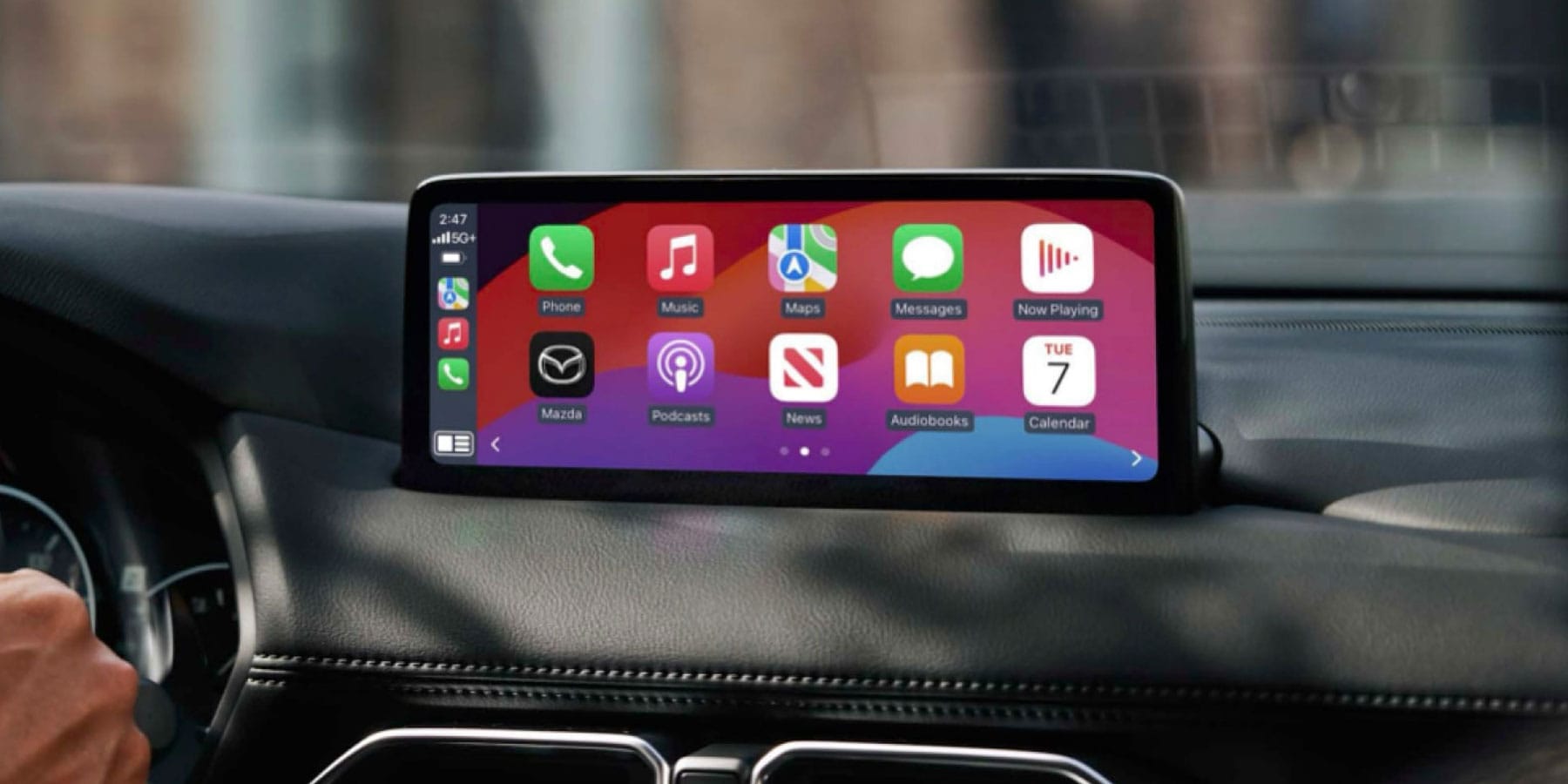
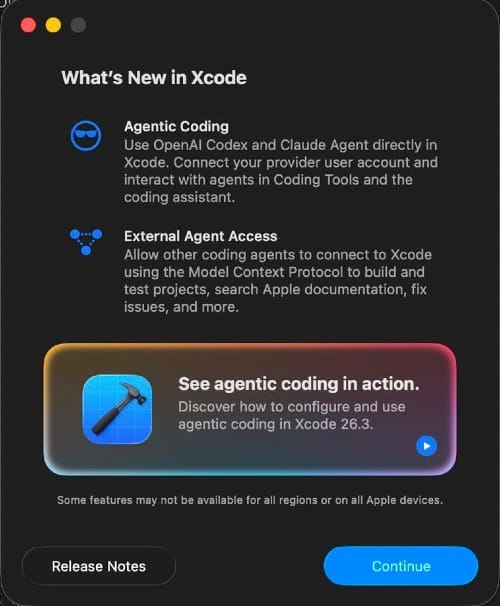
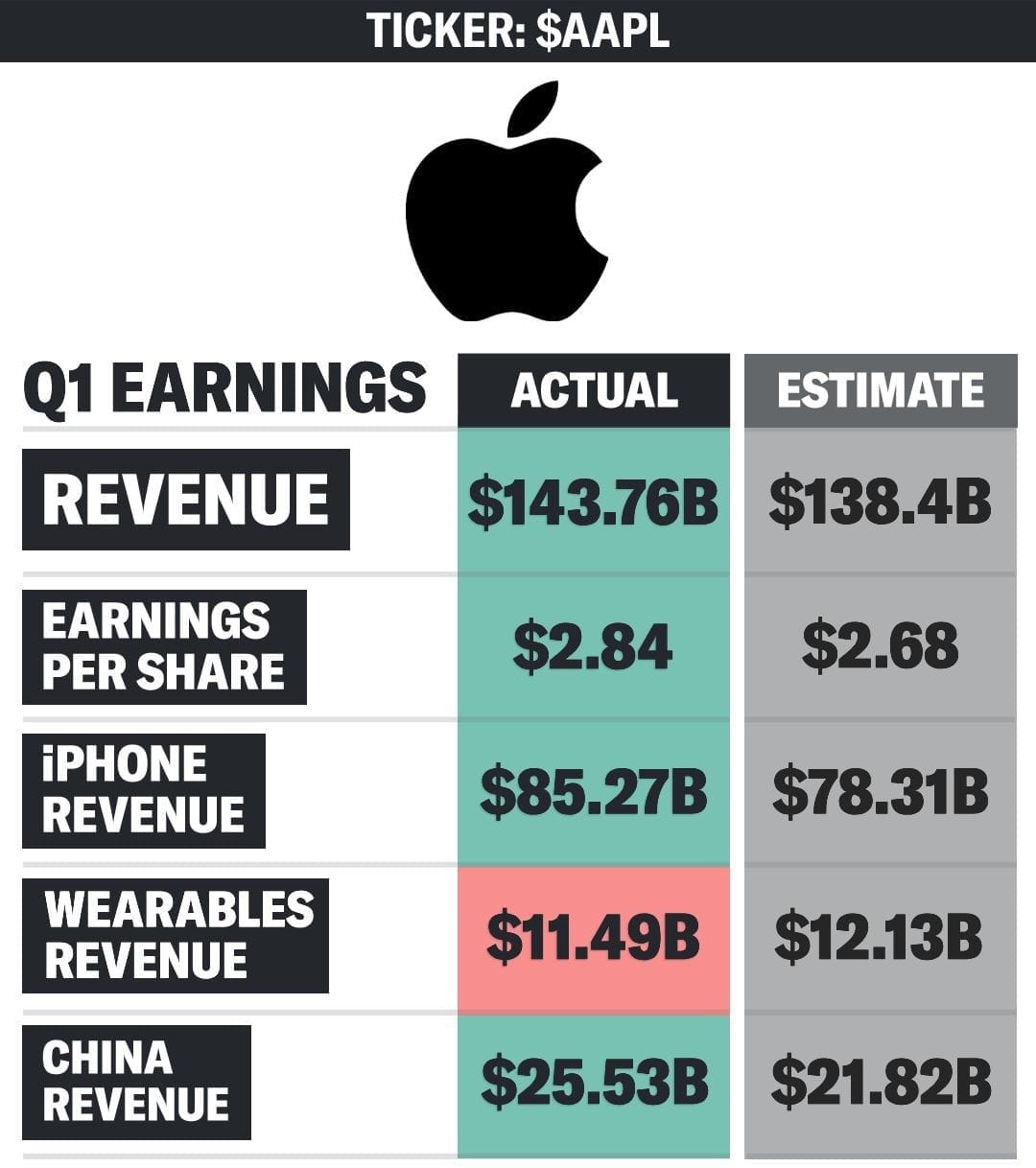
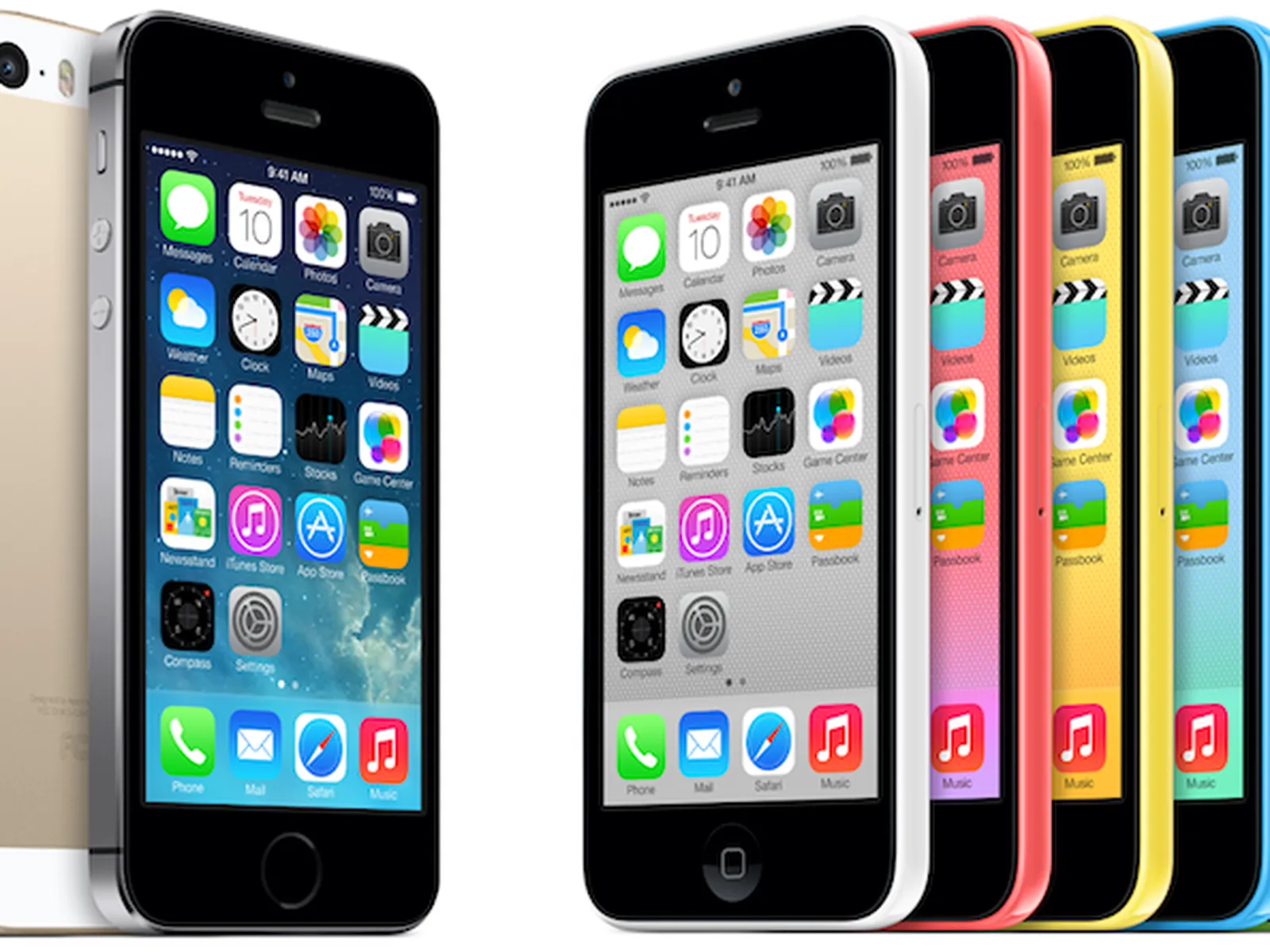
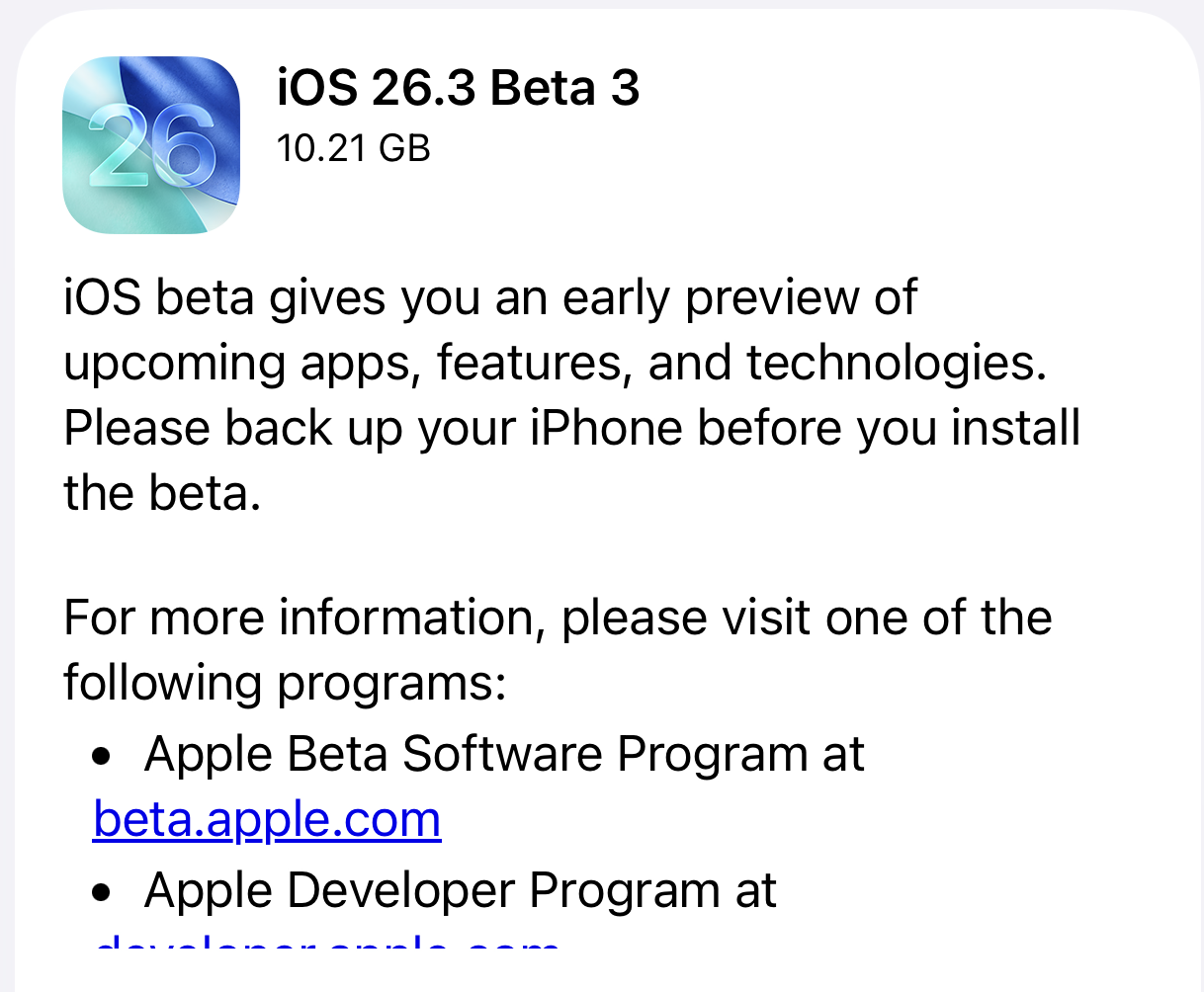
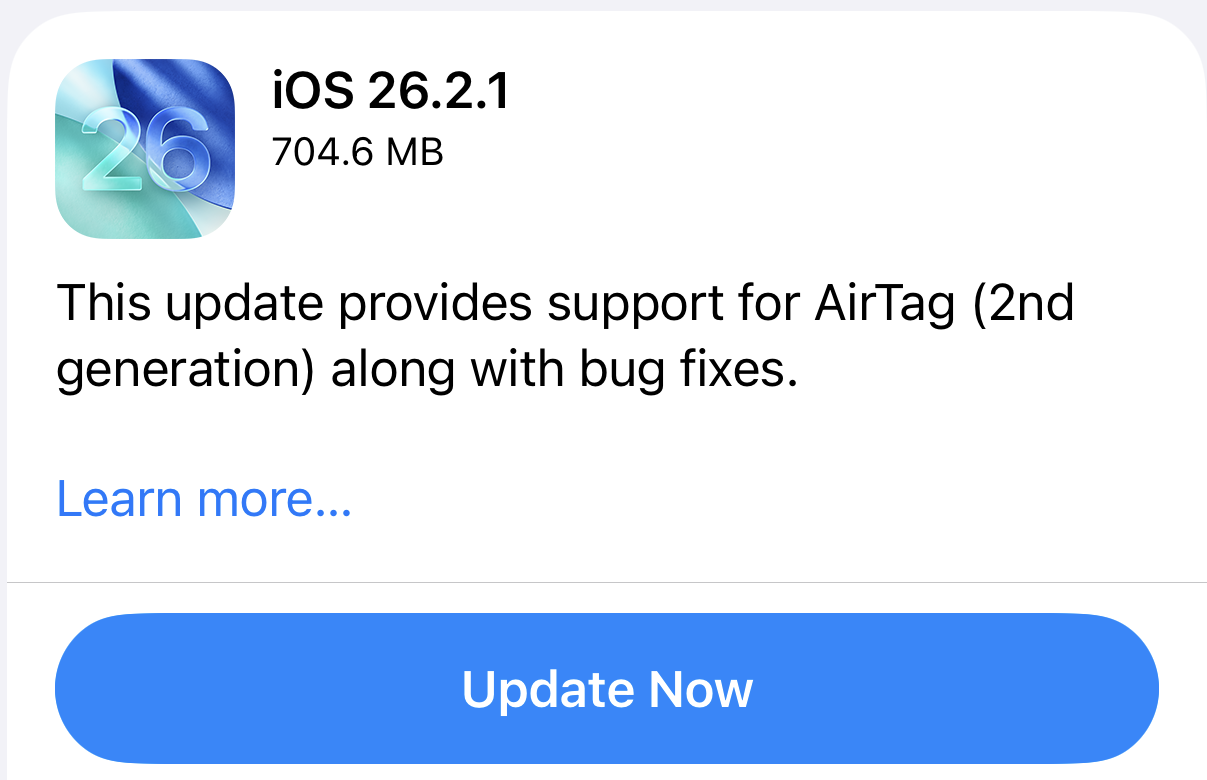
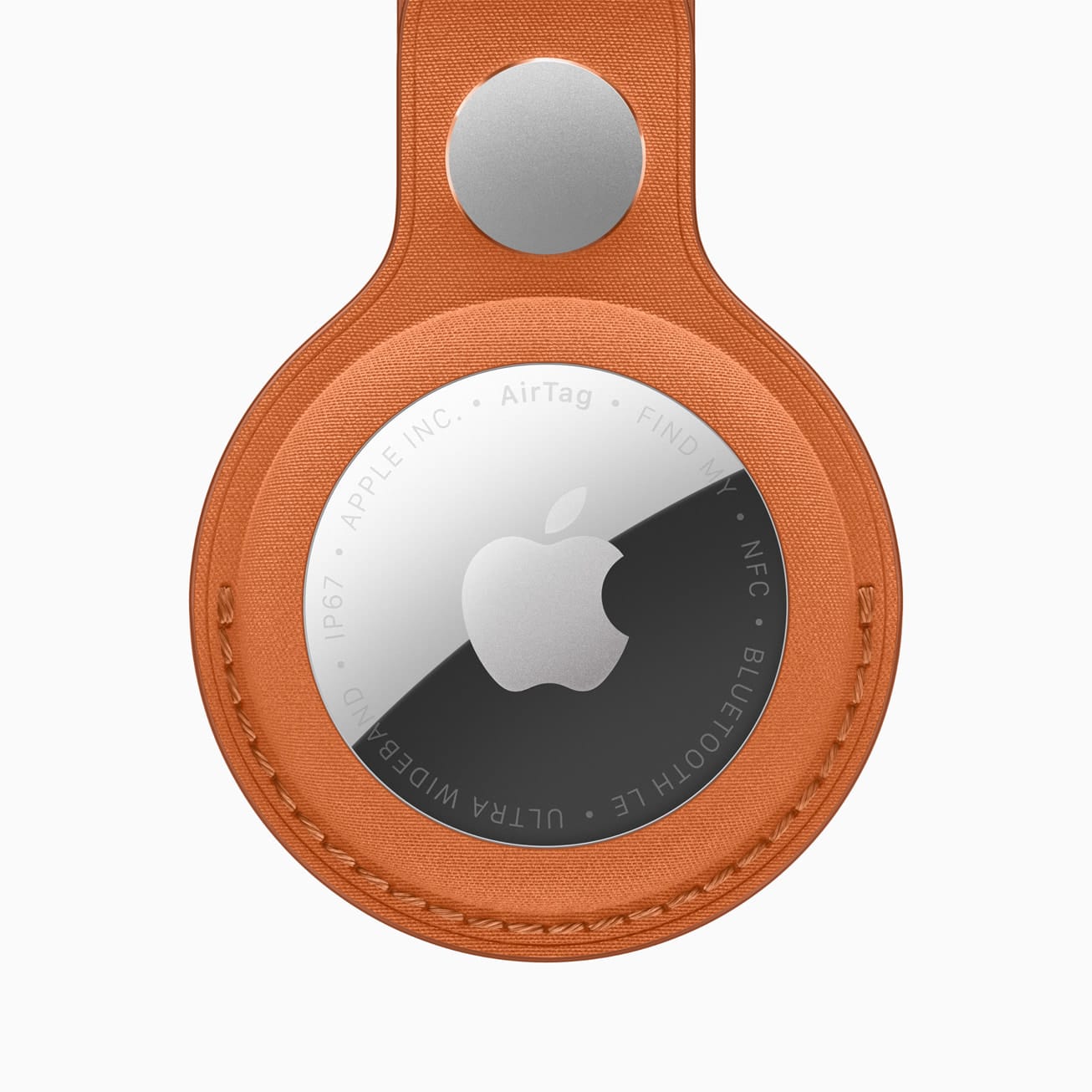

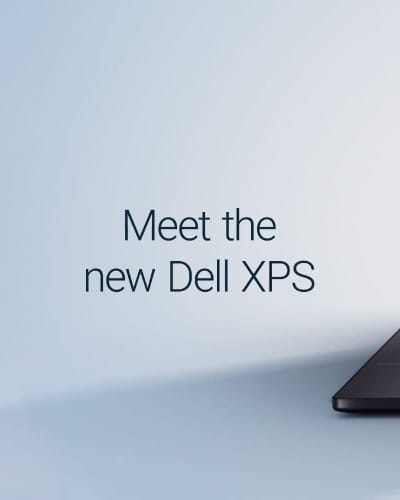
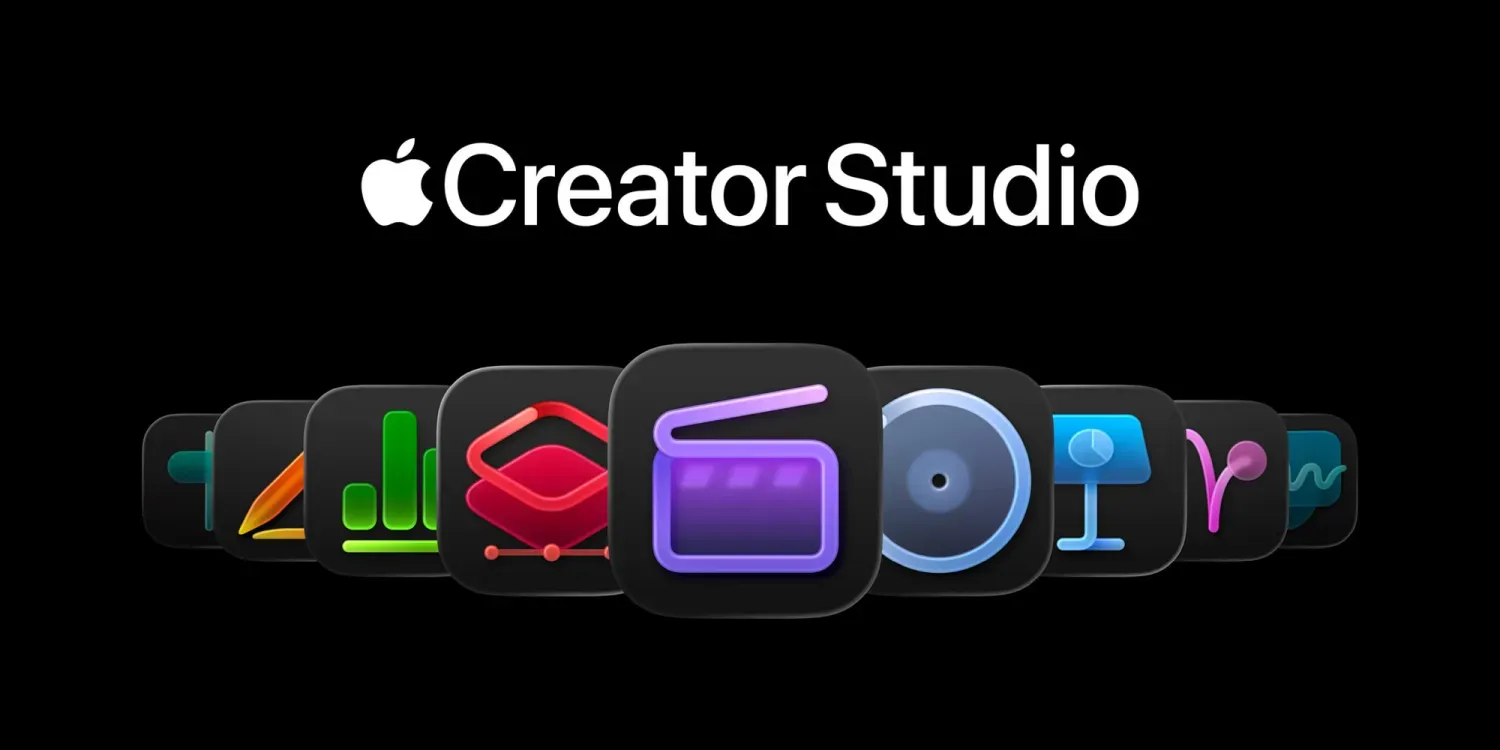
Discussion